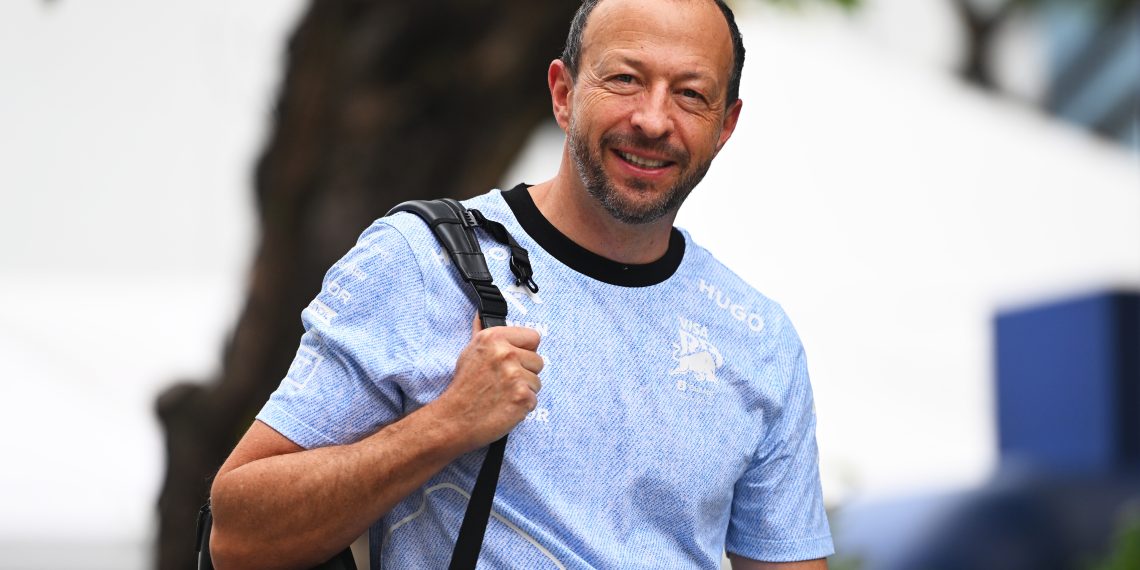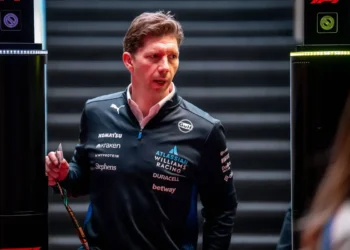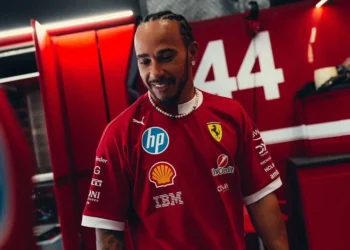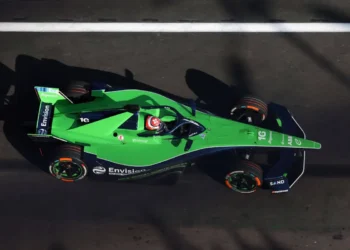Red Bull’s ownership of two Formula 1 teams remains a point of contention in the F1 paddock, but CEO Peter Bayer has confirmed the company’s commitment to maintaining its dual-team structure. The team formerly known as AlphaTauri, now rebranded as Visa Cash App RB, continues the legacy of Red Bull’s Faenza-based operation, which has been evolving since 2006 under different names.
Initially, there were discussions within Red Bull about offloading the second team, but Bayer explained that the benefits of retaining both teams outweighed the drawbacks. We debated whether to keep both teams or focus solely on Red Bull Racing, but quickly concluded that having two teams offers significant advantages,” Bayer stated.
Team Principal Laurent Mekies echoed these sentiments, emphasizing the importance of repositioning the second team for greater competitiveness. “P8, P9, P10 simply isn’t good enough,” Mekies said, highlighting Red Bull’s drive to make the second team a serious midfield contender.
Red Bull’s dual ownership, however, has raised concerns among rivals, most notably McLaren CEO Zak Brown. He has repeatedly criticized Red Bull’s structure as undermining the spirit of competition. Brown’s frustrations resurfaced after Daniel Ricciardo’s strategic pit stop at the Singapore Grand Prix, which saw him steal the fastest lap—and a point—from McLaren’s Lando Norris. Brown suggested this maneuver was a coordinated effort to aid Max Verstappen’s title campaign, describing it as “a nice A/B team sporting thing” that should not be allowed.
The controversy surrounding Red Bull’s control of two F1 teams is not new, and Brown’s call for greater independence among teams has reignited the debate about the fairness of such an arrangement. “I’m much more interested in the independence of the 10 teams than the co-ownership itself,” Brown emphasized, reiterating his concerns about how Red Bull’s influence might skew the competition.
While Red Bull remains firm in its strategy, the broader conversation about team ownership and competitiveness is likely to continue. As Red Bull seeks to maximize the potential of both its teams, questions about the fairness of such a structure will persist, especially when race results—such as the fastest lap point in Singapore—have championship implications.
The battle for independence and fairness on the F1 grid is far from over.









